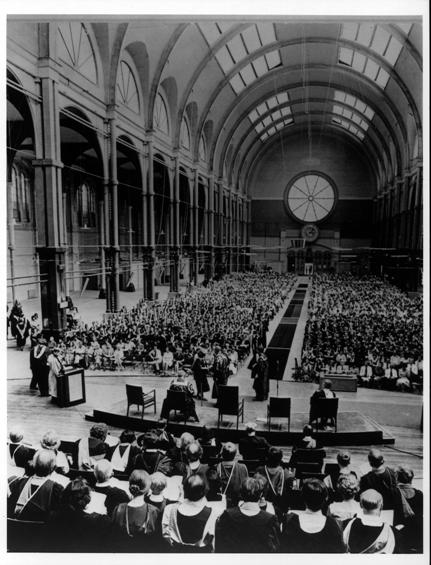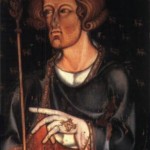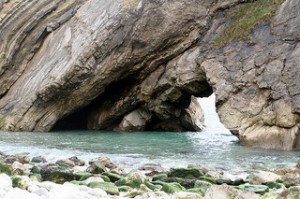Community engagement
Thursday, September 13th, 2012
A report from the Joseph Rowntree Foundation recently asked ‘How can universities support disadvantaged communities?’ It concluded that ‘Most universities thought community engagement was important’ and that ‘Some universities were much more active than others in supporting disadvantaged communities. Institutional commitment to this is a key factor’. The OU had such engagement written into its founding Charter which specifies the importance of the ‘educational well-being of the community’. Many OU students have long been involved in their local communities because they did not leave their homes in order to study. It seems as if the OU led theway towards such engagement by other universities.







